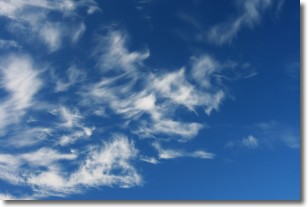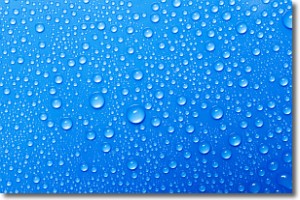Weather Alert in Ohio
Flood Warning issued April 3 at 12:57PM EDT by NWS Northern Indiana
AREAS AFFECTED: Defiance, OH; Fulton, OH; Williams, OH
DESCRIPTION: ...The Flood Warning is extended for the following rivers in Ohio... Indiana... Blanchard River at Ottawa affecting Putnam County. Saint Joseph River Ohio near St. Joe River Ft. Wayne affecting Allen IN County. ...The Flood Warning continues for the following rivers in Ohio... Indiana... Maumee River near Defiance affecting Defiance and Henry Counties. Maumee River at Fort Wayne affecting Allen IN and Paulding Counties. Saint Joseph River Ohio below Montpelier affecting Williams County. Saint Joseph River Ohio near Newville affecting Allen IN, De Kalb and Defiance Counties. Saint Marys River near Decatur affecting Allen IN, Adams and Van Wert Counties. Tiffin River at Stryker affecting Fulton OH, Defiance and Williams Counties. For the Blanchard River...including Ottawa...Minor flooding is forecast. For the Maumee River...including Fort Wayne, Defiance, Napoleon... Moderate flooding is forecast. For the Saint Joseph River Ohio...including Montpelier, Newville, St. Joe River Ft. Wayne...Moderate flooding is forecast. For the Saint Marys River...including Decatur, St. Mary's River near Fort Wayne...Moderate flooding is forecast. For the Tiffin River...including Stryker...Moderate flooding is forecast. * WHAT...Minor flooding is occurring and moderate flooding is forecast. * WHERE...Tiffin River at Stryker. * WHEN...Until further notice. * IMPACTS...At 15.0 feet, Several rural buildings flood and flooding begins to affect residents in the village of Stryker. Many roads become impassible. * ADDITIONAL DETAILS... - At 12:00 PM EDT Thursday the stage was 13.2 feet. - Recent Activity...The maximum river stage in the 24 hours ending at 12:00 PM EDT Thursday was 13.2 feet. - Forecast...The river is expected to rise to a crest of 15.4 feet Sunday morning. - Flood stage is 11.0 feet. - http://www.weather.gov/safety/flood
INSTRUCTION: Stay tuned to further developments by listening to your local radio, television, or NOAA Weather Radio for further information. Caution is urged when walking near riverbanks. Motorists should not attempt to drive around barricades or drive cars through flooded areas. Turn around, don't drown when encountering flooded roads. Most flood deaths occur in vehicles. Detailed river forecasts and additional information can be found at www.weather.gov/iwx under Rivers and Lakes. The next statement will be issued Friday morning at 700 AM EDT.
Want more detail? Get the Complete 7 Day and Night Detailed Forecast!
Current U.S. National Radar--Current
The Current National Weather Radar is shown below with a UTC Time (subtract 5 hours from UTC to get Eastern Time).

National Weather Forecast--Current
The Current National Weather Forecast and National Weather Map are shown below.

National Weather Forecast for Tomorrow
Tomorrow National Weather Forecast and Tomorrow National Weather Map are show below.

North America Water Vapor (Moisture)
This map shows recent moisture content over North America. Bright and colored areas show high moisture (ie, clouds); brown indicates very little moisture present; black indicates no moisture.

Weather Topic: What are Cirrostratus Clouds?
Home - Education - Cloud Types - Cirrostratus Clouds
 Next Topic: Cirrus Clouds
Next Topic: Cirrus Clouds
Cirrostratus clouds are high, thin clouds that form above
20,000 feet and are made mostly of ice crystals. They sometimes look like giant
feathers, horse tails, or curls of hair in the sky.
These clouds are pushed by the jet stream and can move at high speeds reaching
100 mph.
What do they indicate?
They indicate that a precipitation is likely within 24 hours.
Next Topic: Cirrus Clouds
Weather Topic: What is Condensation?
Home - Education - Precipitation - Condensation
 Next Topic: Contrails
Next Topic: Contrails
Condensation is the process which creates clouds, and therefore
it is a crucial process in the water cycle.
Condensation is the change of matter from a state of gas into a state of liquid,
and it happens because water molecules release heat into the atmosphere and
become organized into a more closely packed structure, what we might see as
water droplets.
Water is always present in the air around us as a vapor, but it's too small for
us to see. When water undergoes the process of condensation it becomes organized
into visible water droplets. You've probably seen condensation happen before on the
surface of a cold drink!
Next Topic: Contrails
Current conditions powered by WeatherAPI.com




